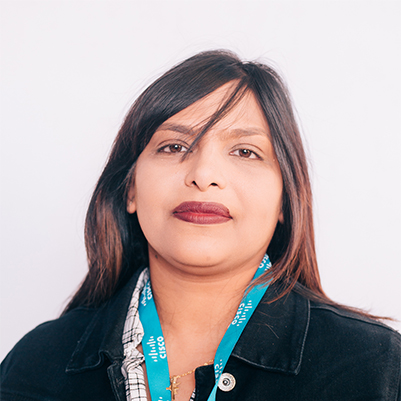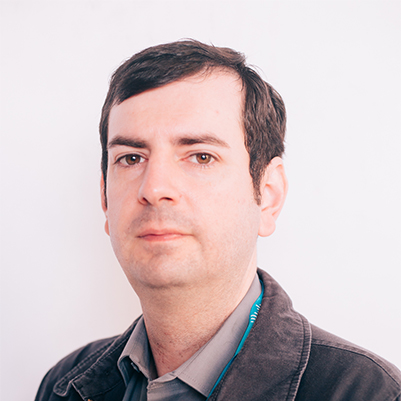International Humanitarian Law and Cyber-Influence Operation

Abstract:
Cyber-influenc and ‘fake news’ have become common terms due to high profle inci-dents such as alleged tampering in the 2016 US elections. The majority of academic studies of cyber-infuence operations focus on mechanisms to conduct them or the security and societal im-pact thereof and fail to consider the legal perspectives of employing or mitigating cyber-influenceoperations. This paper identifiesthe common components and techniques of online influence,and provides a legal discussion based on regulatory documents and studies, including international humanitarian law and proposed international norms.
AUTHORS

School of Law University of KwaZulu-Natal Durban,
South Africa
Trishana Ramluckan is an academic and researcher in the Information Technology and Governance field and has worked in the Higher Education sector for the past 12 years. In 2017, she graduated with a Doctor of Administration degree in Information Systems &Technology and Public Administration, School of Management, IST and Governance from the University of KwaZulu-Natal. She is currently a Post-Doctoral Researcher in International Cyber Law at the University of KwaZulu-Natal’s School of Law. Further to this, she serves on the International Federation for Information Processing (IFIP) Working Group 9.10 on ICT uses in Peace and War and the Global Commission on the Stability of Cyberspace (GCSC) Research Advisory Group (RAG). She has contributed to the SABS Working Group for ISO/IEC Standards for Information Security and is an ISACA South Africa Chapter Academic Advocate at UKZN. She is a reviewer for the International Journal of Cyber Warfare and Terrorism, the Journal of Contemporary Management, the Annual International Conference on Cyber Warfare and Security and the annual European Conference on Cyber Warfare and Security. Her research areas include IT Governance and International Relations.

University of KwaZulu-Natal Durban,
South Africa
Dr. Brett van Niekerk is a senior lecturer in information technology at the Durban University of Technology. He serves as chair for the International Federation of Information Processing Working Group on ICT in Peace and War, and is the co-Editor-in-Chief of the International Journal of Cyber Warfare and Terrorism. He has numerous years of information/cybersecurity experience in both academia and industry and has contributed to the ISO/IEC information security standards. In 2012, he graduated with his PhD focusing on information operations and critical infrastructure protection. He is also holds a MSC in electronic engineering and is CISM certified.
Published In
Journal of Information Warfare
The definitive publication for the best and latest research and analysis on information warfare, information operations, and cyber crime. Available in traditional hard copy or online.
Quick Links
Archive

